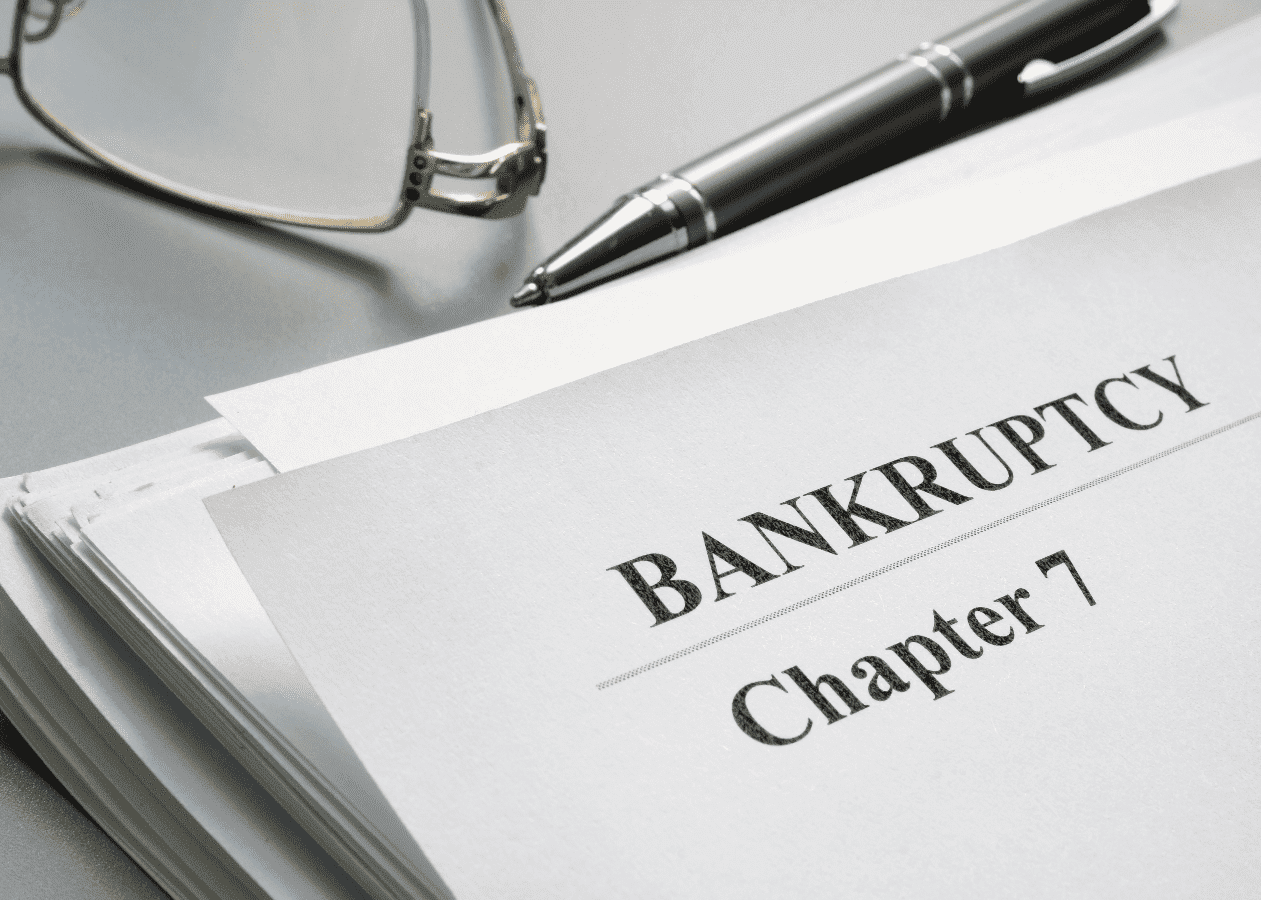Six facts about Bankruptcy will help you understand how liquidation works when you want to sell a property. Bankruptcy is a fundamental matter to consider when purchasing a property, especially in the state of Arizona. Bankruptcy is a legal proceeding involving a person, business, or property owner who cannot repay their outstanding debts. The debtors’ assets or properties are measured and evaluated and are sometimes used to pay a portion of the outstanding debt.
Bankruptcy in real estate is mainly two types, chapter 7 bankruptcy and chapter 13 bankruptcy. Chapter 7 bankruptcy is also known as liquidation, which is basically when the concerned party decides to covert his assets into cash due to unforeseen circumstances. Chapter 13 bankruptcy is a method whereby the concerned party or person can keep the property but is to set up a three-to-five-year payment plan. Both of these are options to consider before filing for liquidation.
6 FACTS ABOUT BANKRUPTCY YOU SHOULD KNOW
- YOU won’t LOSE EVERYTHING: When filing for Bankruptcy, there is a stipulation known as liquidation exemptions that allow the concerned party to keep some of his/her assets such as car, furniture, RRSP (Roistered Retirement Savings Plans), life insurance, and pensions.
- FILING BANKRUPTCY FREEZES LEGAL ACTION: This includes buying and selling real estate. Any sale or proceedings going on where either the registered buyer or seller files for liquidation can be very tricky because the proceedings will be interrupted due to the freezing of legal action, and also, the property in question can be very well seized or frozen, which is very disadvantageous to the other party as it is a waste of time and resources invested before the filing.
- Buyer Or Seller In An Active liquidation Case Need Permission To Buy Or Sell Real Property: This occurs mostly in a Chapter 13 case when the debtor pays monthly into a three-to-five-year repayment plan to catch up with secured debt such as a mortgage. The buyer or seller may petition the court for permission to ‘buy or sell real property, and the trustee agrees to a valuation, in which case the buyer or seller can put out of reach of the seizure power of the trustee.
- Bankruptcy Affects Your Credit Rating: the first Bankruptcy on your report for as long as six to ten years after the discharge; however, your credit rating will begin to rise as long as there are reparations made, such as timely payment and also minding their debt to income ratio.
- Bankruptcy Does Not Disqualify You From Owning Property: They can acquire property during liquidation with permission from the court and trustee or after the Bankruptcy has been discharged and the credit rating of the concerned person has started to recover, then the person may begin to talk to brokers about acquiring real estate property.
- DISCHARGED BANKRUPTCY: when proceedings are completed, the liquidation is considered “discharged.” Under chapter 7, this usually occurs after the assets have been sold and all the creditors have been fully paid. Chapter 13 also occurs after you have fully completed your three-to-five-year repayment plan.
Although dealing with a hardship situation may be hard and not enjoyable, EZ Max offer is available to give you all the help needed, whether you’re a broker or be it the liquidation of real estate Ezmax offers ensures to give you as much help that is needed to get through it.




